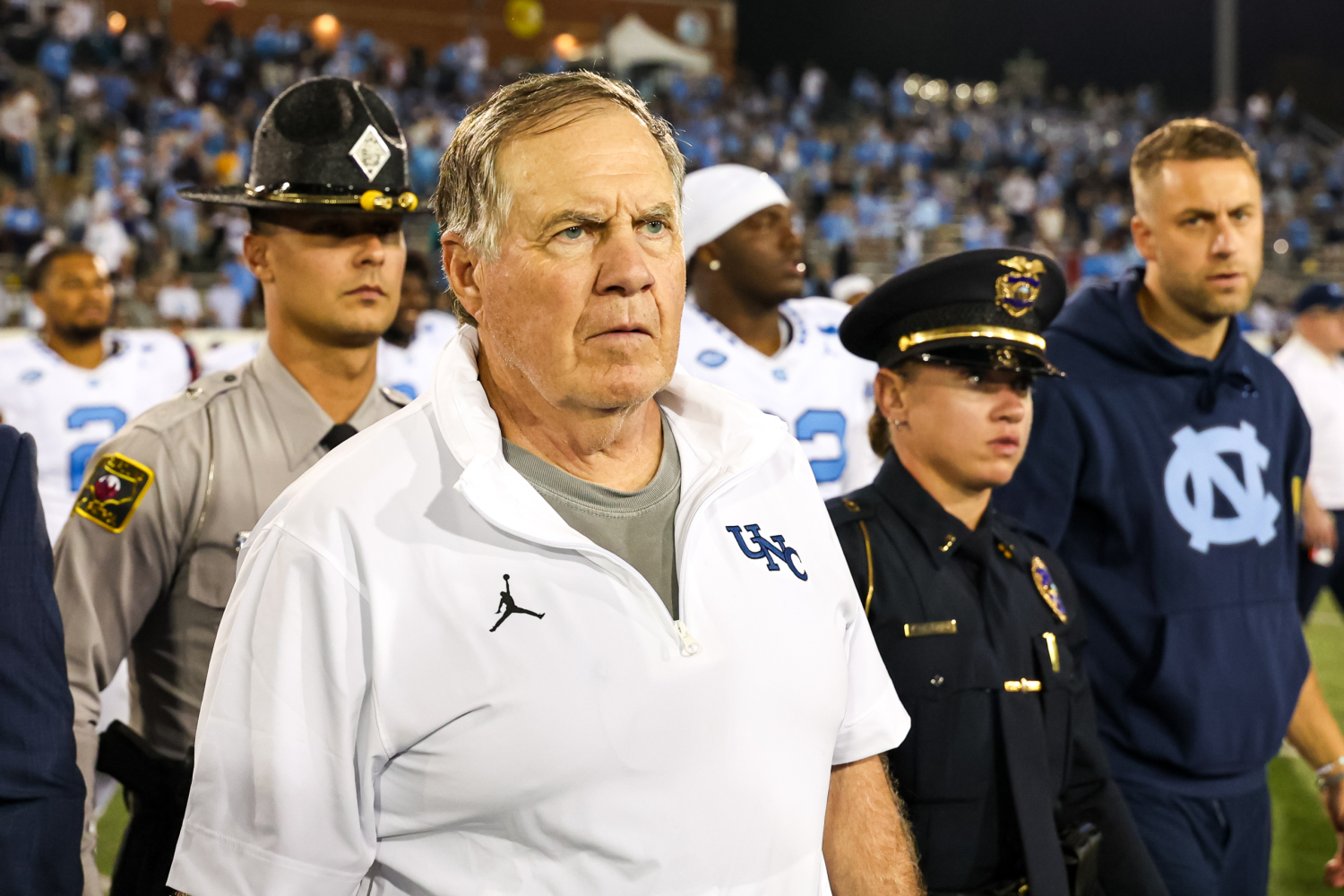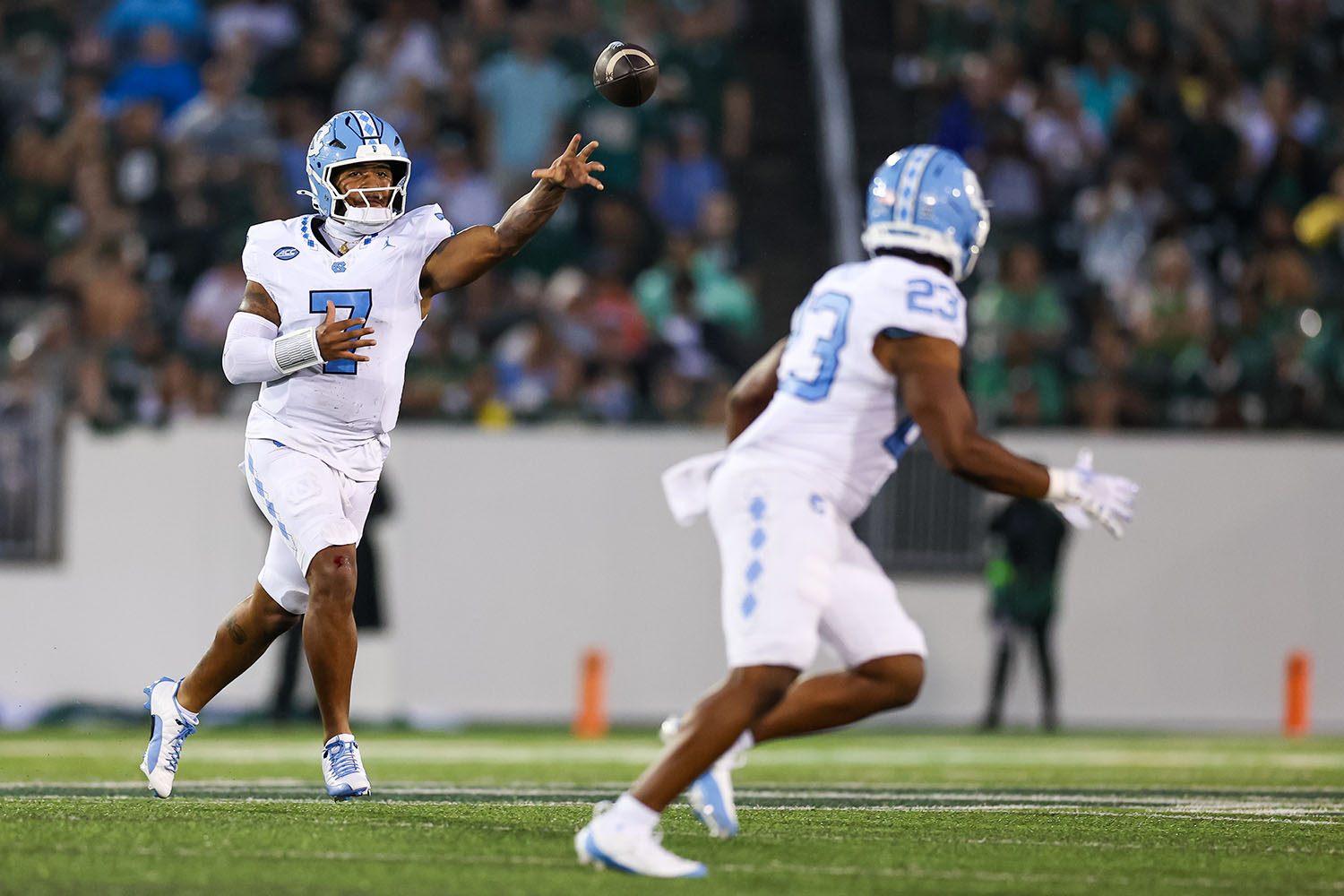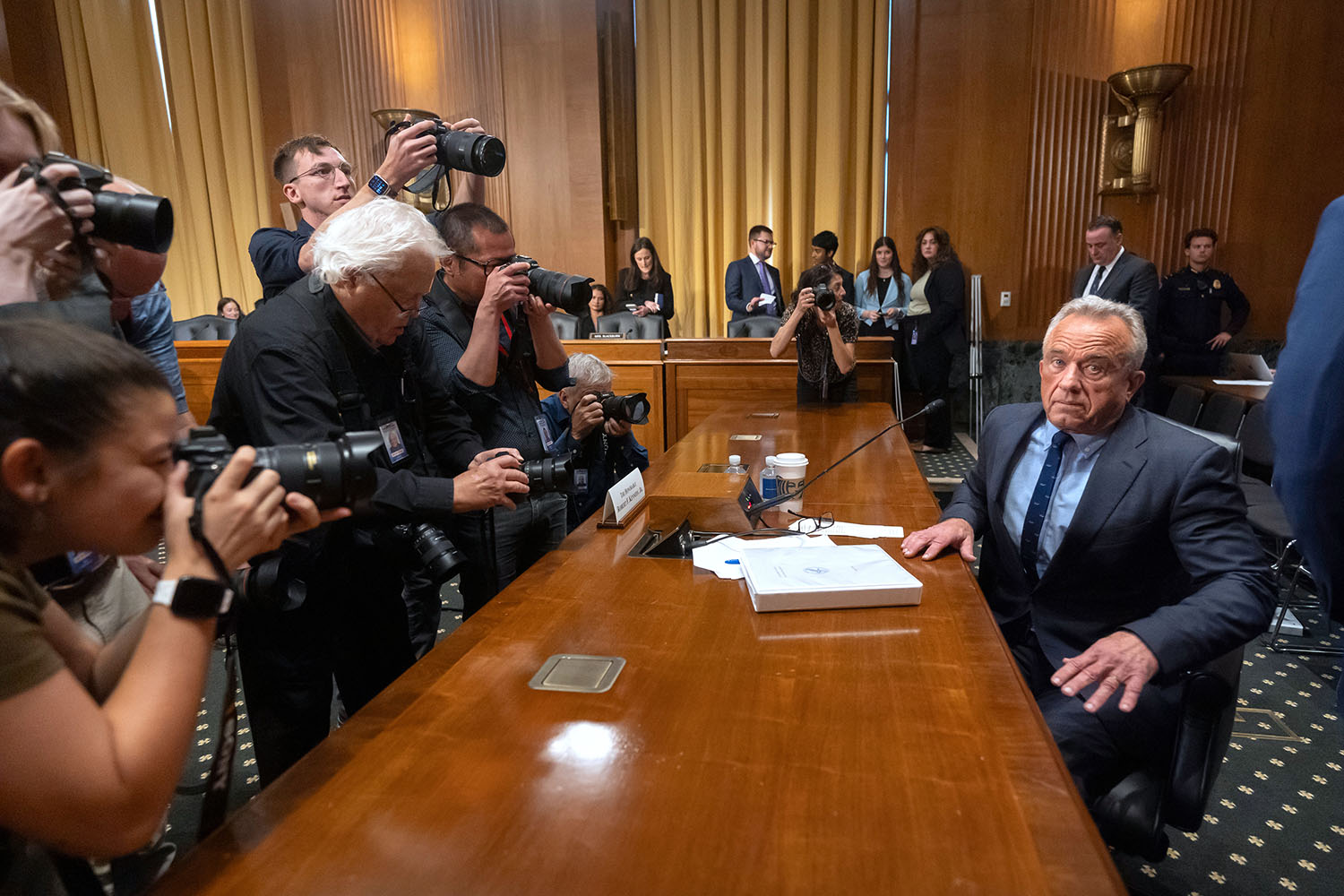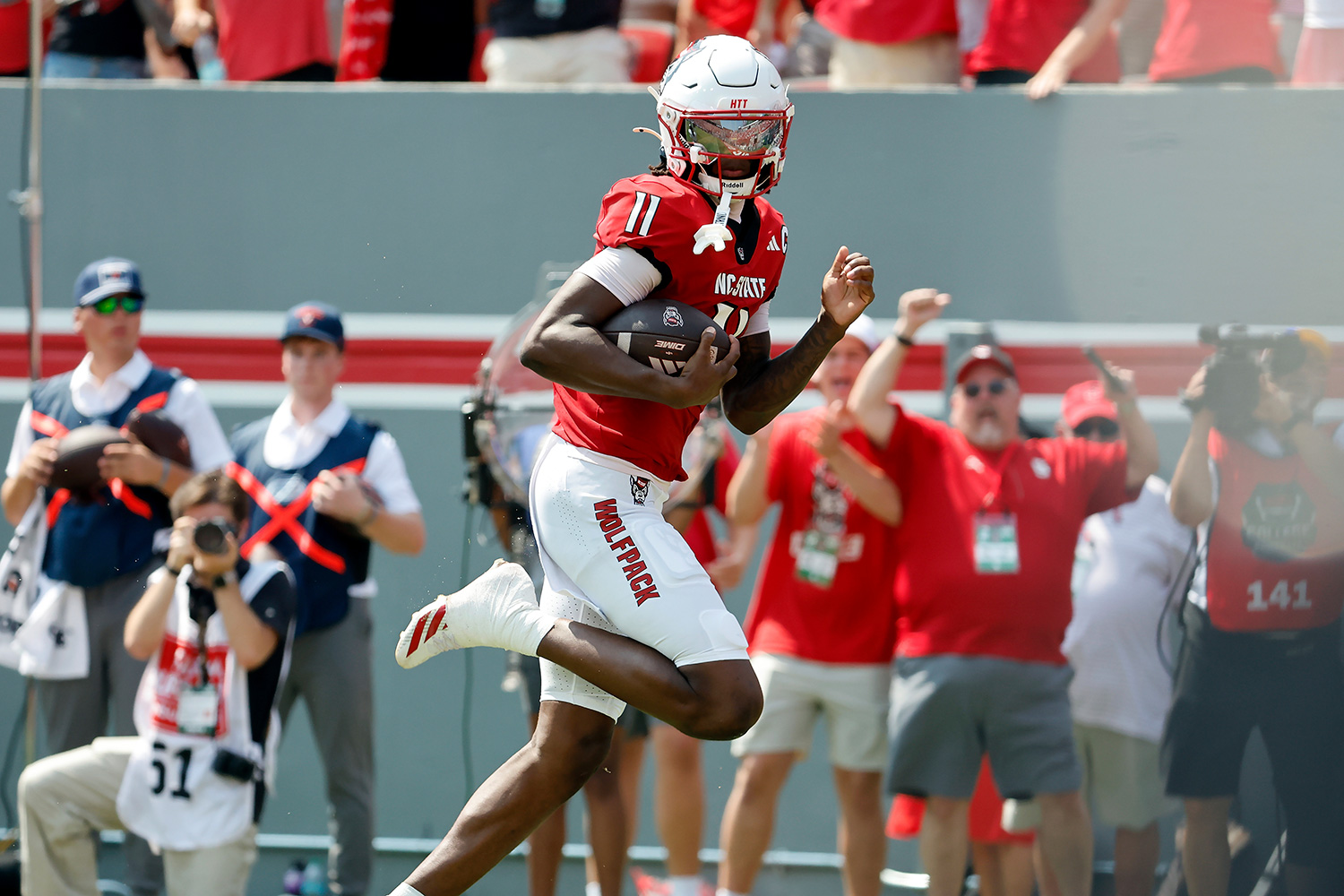LUCAS LIN and ANANYA PINNAMENENI/The Chronicle The Chronicle
DURHAM, N.C. (AP) — As generative artificial intelligence tools like ChatGPT have become increasingly prevalent in academic settings, faculty and students have been forced to adapt.
The debut of OpenAI’s ChatGPT in 2022 spread uncertainty across the higher education landscape. Many educators scrambled to create new guidelines to prevent academic dishonesty from becoming the norm in academia, while some emphasized the strengths of AI as a learning aid.
As part of a new pilot with OpenAI, all Duke undergraduate students, as well as staff, faculty and students across the University’s professional schools, gained free, unlimited access to ChatGPT-4o beginning June 2. The University also announced DukeGPT, a University-managed AI interface that connects users to resources for learning and research and ensures “maximum privacy and robust data protection.”
Duke launched a new Provost’s Initiative to examine the opportunities and challenges AI brings to student life on May 23. The initiative will foster campus discourse on the use of AI tools and present recommendations in a report by the end of the fall 2025 semester.
The Chronicle spoke to faculty members and students to understand how generative AI is changing the classroom.
Embraced or banned
Although some professors are embracing AI as a learning aid, others have implemented blanket bans and expressed caution regarding the implications of AI on problem solving and critical thinking.
David Carlson, associate professor of civil and environmental engineering, took a “lenient” approach to AI usage in the classroom. In his machine learning course, the primary learning objective is to utilize these tools to understand and analyze data.
Carlson permits his students to use generative AI as long as they are transparent about their purpose for using the technology.
“You take credit for all of (ChatGPT’s) mistakes, and you can use it to support whatever you do,” Carlson said.
He added that although AI tools are “not flawless,” they can help provide useful secondary explanations of lectures and readings.
Matthew Engelhard, assistant professor of biostatistics and bioinformatics, said he also adopted “a pretty hands-off approach” by encouraging the use of AI tools in his classroom.
“My approach is not to say you can’t use these different tools,” Engelhard said. “It’s actually to encourage it, but to make sure that you’re working with these tools interactively, such that you understand the content.”
Engelhard emphasized that the use of these tools should not prevent students from learning the fundamental principles “from the ground up.” Engelhard noted that students, under the pressure to perform, have incentives to rely on AI as a shortcut. However, he said using such tools might be “short-circuiting the learning process for yourself.” He likened generative AI tools to calculators, highlighting that relying on a calculator hinders one from learning how addition works.
Like Engelhard, Thomas Pfau, Alice Mary Baldwin distinguished professor of English, believes that delegating learning to generative AI means students may lose the ability to evaluate the process and validity of receiving information.
“If you want to be a good athlete, you would surely not try to have someone else do the working out for you,” Pfau said.
Pfau recognized the role of generative AI in the STEM fields, but he believes that such technologies have no place in the humanities, where “questions of interpretation … are really at stake.” When students rely on AI to complete a sentence or finish an essay for them, they risk “losing (their) voice.” He added that AI use defeats the purpose of a university education, which is predicated on cultivating one’s personhood.
Henry Pickford, professor of German studies and philosophy, said that writing in the humanities serves the dual function of fostering “self-discovery” and “self-expression” for students. But with increased access to AI tools, Pickford believes students will treat writing as “discharging a duty” rather than working through intellectual challenges.
“(Students) don’t go through any kind of self-transformation in terms of what they believe or why they believe it,” Pickford said.
Additionally, the use of ChatGPT has broadened opportunities for plagiarism in his classes, leading him to adopt a stringent AI policy.
Faculty echoed similar concerns at an Aug. 4 Academic Council meeting, including Professor of History Jocelyn Olcott, who said that students who learn to use AI without personally exploring more “humanistic questions” risk being “replaced” by the technology in the future.
How faculty are adapting to generative AI
Many of the professors The Chronicle interviewed expressed difficulty in discerning whether students have used AI on standard assignments. Some are resorting to a range of alternative assessment methods to mitigate potential AI usage.
Carlson, who shared that he has trouble detecting student AI use in written or coding assignments, has introduced oral presentations to class projects, which he described as “very hard to fake.”
Pickford has also incorporated oral assignments into his class, including having students present arguments through spoken defense. He has also added in-class exams to lectures that previously relied solely on papers for grading.
“I have deemphasized the use of the kind of writing assignments that invite using ChatGPT because I don’t want to spend my time policing,” Pickford said.
However, he recognized that ChatGPT can prove useful in generating feedback throughout the writing process, such as when evaluating whether one’s outline is well-constructed.
A ‘tutor that’s next to you every single second’
Students noted that AI chatbots can serve as a supplemental tool to learning, but they also cautioned against over-relying on such technologies.
Junior Keshav Varadarajan said he uses ChatGPT to outline and structure his writing, as well as generate code and algorithms.
“It’s very helpful in that it can explain concepts that are filled with jargon in a way that you can understand very well,” Varadarajan said.
Varadarajan has found it difficult at times to internalize concepts when utilizing ChatGPT because “you just go straight from the problem to the answer” without paying much thought to the problem. Varadarajan acknowledged that while AI can provide shortcuts at times, students should ultimately bear the responsibility for learning and performing critical thinking tasks.
For junior Conrad Qu, ChatGPT is like a “tutor that’s next to you every single second.” He said that generative AI has improved his productivity and helped him better understand course materials.
Both Varadarajan and Qu agreed that AI chatbots come in handy during time crunches or when trying to complete tasks with little effort. However, they said they avoid using AI when it comes to content they are genuinely interested in exploring deeper.
“If it is something I care about, I will go back and really try to understand everything (and) relearn myself,” Qu said.
The future of generative AI in the classroom
As generative AI technologies continue evolving, faculty members have yet to reach consensus on AI’s role in higher education and whether its benefits for students outweigh the costs.
“To me, it’s very clear that it’s a net positive,” Carlson said. “Students are able to do more. Students are able to get support for things like debugging … It makes a lot of things like coding and writing less frustrating.”
Pfau is less optimistic about generative AI’s development, raising concerns that the next generation of high school graduates will be too accustomed to chatbots coming into the college classroom. He added that many students find themselves at a “competitive disadvantage” when the majority of their peers are utilizing such tools.
Pfau placed the responsibility on students to decide whether the use of generative AI will contribute to their intellectual growth.
“My hope remains that students will have enough self-respect and enough curiosity about discovering who they are, what their gifts are, what their aptitudes are,” Pfau said. “… something we can only discover if we apply ourselves and not some AI system to the tasks that are given to us.”
___
This story was originally published by The Chronicle and distributed through a partnership with The Associated Press.











